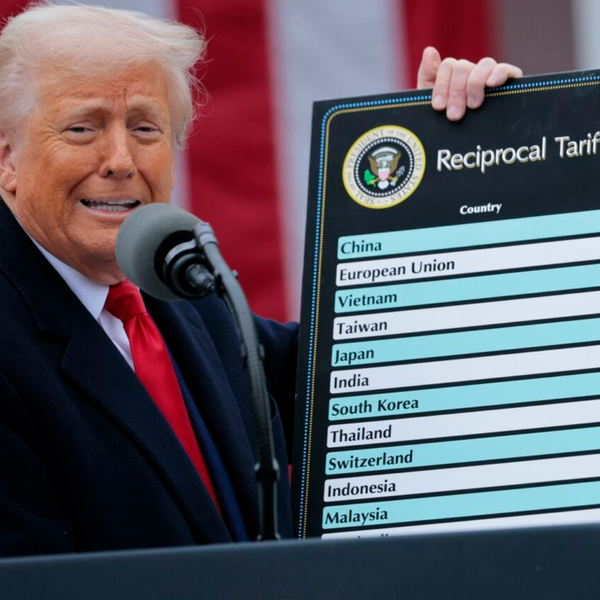
This is unlikely to prompt anyone to break out the bubbly in the Oval Office, but last week’s poll numbers are nevertheless good news for President Obama. Since Democrats were thrashed in November’s midterm elections, the president’s approval ratings have been on the upswing.
As he prepares to deliver his sixth State of the Union address on Jan. 20, Obama’s approval has crept up to 47 percent, according to a new survey from Pew Research. That’s up 5 points since December.
Most analysts believe Obama’s recovering fortunes are the result of a much-improved economy — the one gauge that’s reliably important to voters. It’s taken a few years, but average workers are finally beginning to put the Great Recession behind them.
Take note of this now. Keep it in a spare file in your memory bank. Remember that the economy has been advancing for the six years of Obama’s tenure — a frustratingly slow process that is finally bearing fruit. The unemployment rate is now at 5.6 percent, the lowest since 2008. Foreclosures are down to pre-recession levels. The stock market is in historically high territory.
Why do I want you to remember this? In a stunning show of chutzpah, the president’s harshest critics, the hyper-conservatives who’ve done everything they could to wreck his presidency, want to take credit for the recovery they tried to sabotage.
Just take a look at the speech Kentucky Republican Mitch McConnell gave on the day he took the helm of the Senate as the new majority leader.
“After so many years of sluggish growth, we’re finally starting to see some economic data that can provide a glimmer of hope. The uptick appears to coincide with the biggest political change of the Obama administration’s long tenure in Washington: the expectation of a new Republican Congress,” he said.
According to his logic, consumers spent more money and businesses hired more workers starting back in the summer because they expected Republicans to win a majority in Congress. That’s nonsense.
Obama inherited a mess from George W. Bush — a financial crisis brought on by the excesses of Wall Street. President Bush started the bailout, but most of the work was left for the Obama administration. Obama continued the Wall Street bailout, passed a massive stimulus package and rescued the auto industry. Congressional Republicans, meanwhile, fought him every step of the way. That the economy has bounced back anyway is testament to its underlying resiliency.
Perhaps the greatest driver of consumers’ new optimism is the free-fall in gas prices, which haven’t been this low since the Great Recession drove down demand worldwide. Obama didn’t spur the investment in domestic oil drilling, but he has encouraged it, noting that it would help to free us from a dependence on foreign oil.
None of these hard-won gains have come a moment too soon. And, yes, there’s still much work to be done to revive the American middle class. The growing gap between the comfortable and everybody else remains one of the biggest threats to domestic tranquility. Wages are still stagnant.
Obama is well aware of that. In his State of the Union speech, he is expected to announce an ambitious new proposal to provide free access to the nation’s two-year community colleges. It’s an excellent plan.
Education experts say there are about 8 million community college students, and their average annual tuition is around $3,800. To the comfortable classes, that might not seem like much. But it presents a barrier to many working-class students trying to change their circumstances. It’s an investment that the nation can afford to make — and should make.
But like the other proposals the president has made to boost the economy, this one is likely to meet resistance from the Republicans in Congress. They want to take credit when things go well, but they’re only too willing to block a good idea if it comes from Obama.
Cynthia Tucker won the Pulitzer Prize for commentary in 2007. She can be reached at cynthia@cynthiatucker.com.
AFP Photo/Saul Loeb








